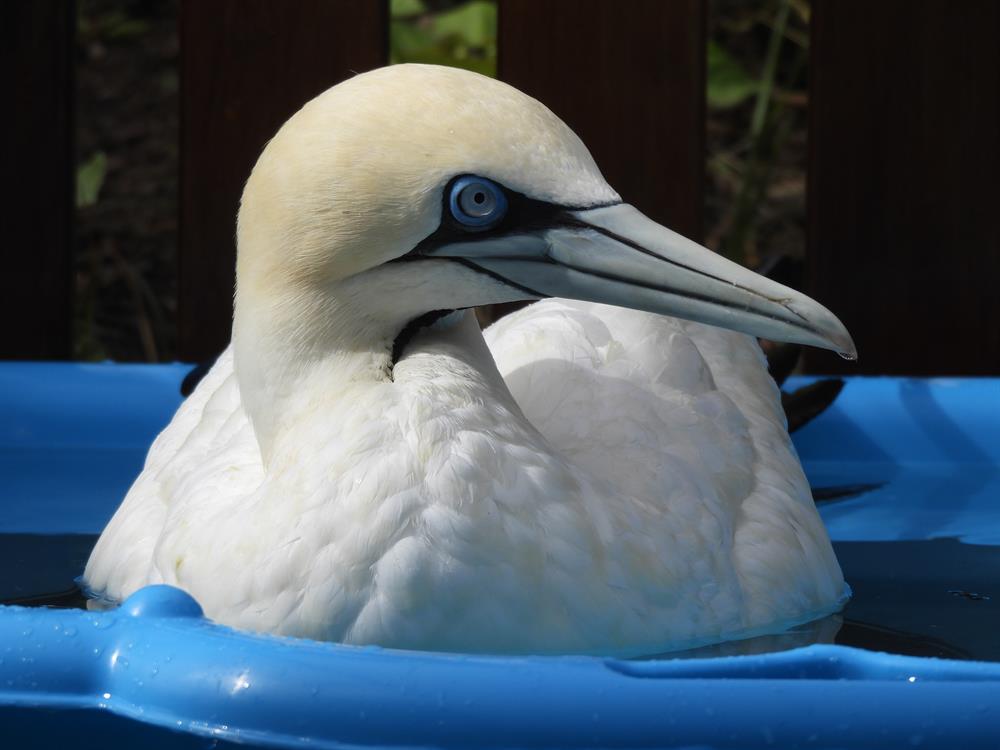GARDEN ROUTE NEWS - Seabird specialist Dr Zanri Strydom and her husband, Dr Tiaan Strydom, manage Dunefields Private Nature Reserve, nestled in dune-thicket vegetation along the coast, east of Wilderness.
They both are trained first responders that work under permit to rescue sick and injured seabirds along the coastline, from Heralds Bay to Buffels Bay.
When the Strydoms get a call-out to a bird in need, they describe it as the equivalent of being invited to a free meal.
"We get very excited to be part of the lives of the injured seabirds, and we are fortunate to be equipped at Dunefields to temporarily help nurse the birds back to health in our newly built stabilisation station," said Zanri.
"We are always willing to help rescue the birds, whether it be during or after work hours, or on a public holiday. We depend on the public for call-outs."
Ecological role
Penguins, gannets, and albatrosses occur on our coast, here in the George area.
"That is exciting not only because seabirds are cute and beautiful, but they play an important ecological role here in the Garden Route through nutrient transportation from the deep blue sea to our coastline," said Zanri and added, "additionally, seabirds also contribute to our economy, as they are tourist attractions."
 Dr Zanri Strydom rescuing an emacited juvenile Cape gannet on Wilderness Beach.
Dr Zanri Strydom rescuing an emacited juvenile Cape gannet on Wilderness Beach.
In need of help
Despite their ecological and economic importance, the lives of many seabird species are being threatened by an array of human-related activities that is responsible for the birds stranding themselves in need of help.
These human-related threats include harassment by dogs on beaches, oil spills, entanglement in plastic, ship strikes, and competition with fisheries, of which the latter (resulting in malnourishment) is the cause for most of our rescue cases in this area.
Nine years ago when Strydom started seabird rehabilitation on a volunteer basis, she saw the negative impact of human-induced threats on seabirds first-hand.
"I saw the vulnerable state of the individuals that got admitted into rehabilitation, and it was there that my career path took a surprising turn.
"I acknowledged that seabirds need help in all aspects, and therefore started studying them, as we cannot protect what we don't understand," said Strydom. She recently completed her doctoral degree which specifically focused on Cape gannets, an endangered and endemic seabird species.
 A young Cape cormorant being stabilized at Dunefields Private Nature Reserve.
A young Cape cormorant being stabilized at Dunefields Private Nature Reserve.
How can you help?
Take a photograph and a GPS location of the bird in need, and report the bird as soon as possible to the Dunefields Team to ensure that the bird gets stabilised. Contact Dr Zanri Strydom on 072 885 5998.

‘We bring you the latest Garden Route, Hessequa, Karoo news’
















